Foreign forces causing insecurity in Strait of Hormuz with their military presence: Iran UN envoy
Iran’s ambassador to the United Nations says foreign forces are causing insecurity and instability in the Strait of Hormuz with their military presence in the strategic sea passage, stressing the responsibility rests with Persian Gulf littoral states to ensure the water body’s security.
Speaking at a UN Security Council meeting on Middle East peace and security challenges in New York on Tuesday, Majid Takht-e Ravanchi described the deployment of more than 70,000 US servicemen as one the main reason behind insecurity and instability in the Middle East region, emphasizing that Pentagon has active military presence in all Persian Gulf states except for Iran.
“The number of foreign military installations in the Middle East has jumped from four in 1991 to 41 in 2018. Nearly all of them belong to the US, which mark the highest concentration of military sites in the world,” he said.
Takht-e Ravanchi then pointed to the unilateral withdrawal of the US from the 2015 nuclear agreement, formally known as the Joint Comprehensive Plan of Action (JCPOA), as another source of instability in the Middle East, noting that “unbridled flow of American weaponry into this region, which has turned it into a powder keg.”
“The sole beneficiary of weapons stockpiling in the region is the defense industry of exporting countries. We should not ignore the US “divide and rule" mechanism, which seeks to sow seeds of permanent discord among regional states. The Iranophobia remarks by American officials are meant to accomplish such an objective.
“They have leveled unfounded accusations against Iran in order to justify their regional policies, and prevent the country from performing its role in the region,” the Iranian diplomat pointed out.
“While we are not seeking confrontation, we cannot and will not remain indifferent to the violation of our sovereignty. Therefore, in order to secure our borders and interests, we will vigorously exercise our inherent right to self-defense,” Takht-e Ravanchi told the Security Council.
Iran’s envoy to the United Nations highlighted that Tehran will continue to ensure security of maritime navigation in the Middle East, particularly in the Strait of Hormuz, adding that the United States’ attempts to set up a military coalition in the Persian Gulf to counter what it calls the “Iran threat” will fail.
US Marine General Joseph Dunford, chairman of the Joint Chiefs of Staff, said on July 9 that the US was proceeding with plans to assemble the coalition purportedly aimed at ensuring freedom of navigation in waters off Iran and Yemen.
"We're engaging now with a number of countries to see if we can put together a coalition that would ensure freedom of navigation both in the Straits of Hormuz and the Bab al-Mandab," Dunford said.
"And so I think probably over the next couple of weeks we'll identify which nations have the political will to support that initiative and then we'll work directly with the militaries to identify the specific capabilities that'll support that," he added.
Elsewhere in his remarks, Takht-e Ravanchi referred to the Palestinian issue as the greatest and longest-running conflict in the Middle East, stressing that the region will not witness peace and security as long the crisis is not resolved.
“The illegal occupation of Palestine is fully liable for the the problem. Therefore, its solution lies in the end to the occupation. There is no magical key to the conflict.
“All initiatives have disregarded such a principle and have failed as a result. The so-called deal of century – proposed by US President Donald Trump – will not hence succeed. The Palestinian land is not up for sale. The ideals, glory, dignity and the inalienable rights of a nation cannot be bought,” the Iranian diplomat said.
Hezbollah attacks Israeli forces after Lebanese homes blown up
World leaders, states hail ICC arrest warrants for Netanyahu, Gallant
MP: US accountable for possible Israeli 'foolishness' to attack Iraq
VIDEO | Israeli policies strangle Palestinian agriculture, economy
Iran's president offers condolences to Pakistan over terrorist attack
Canada’s Yukon town council at standstill over refusing oath to King Charles
Yemen's Houthi calls for jihad to protect Palestine against Israel
VIDEO | Internal rifts within Israel


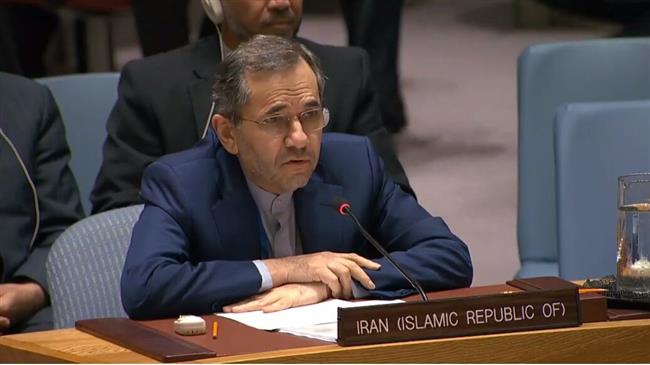






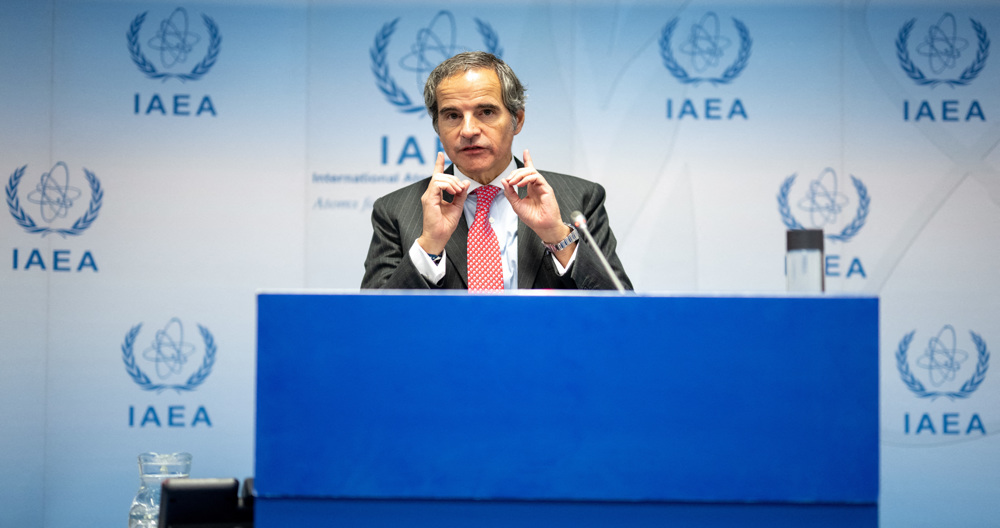
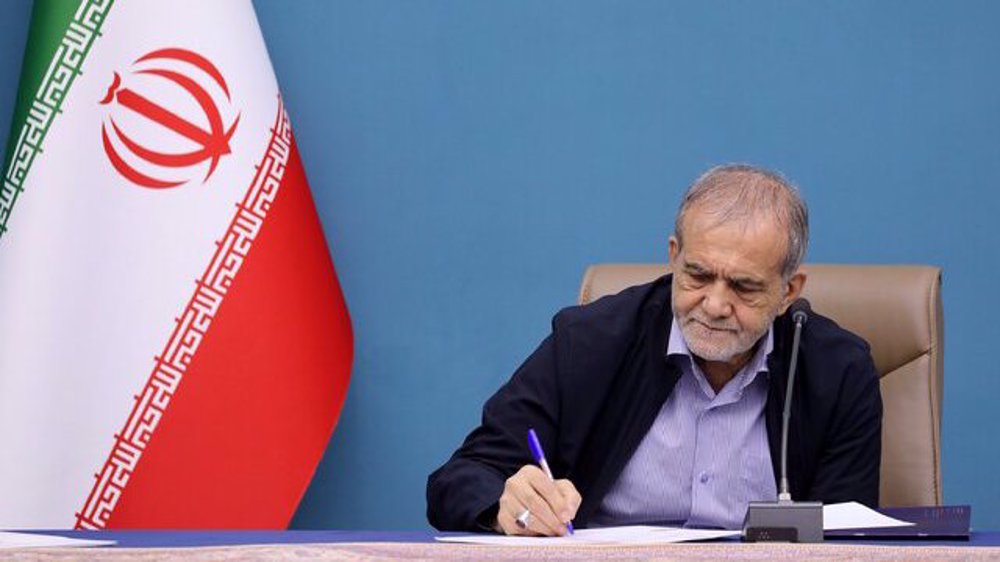






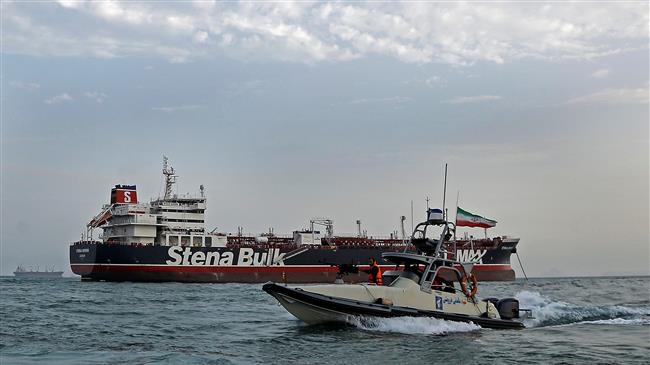


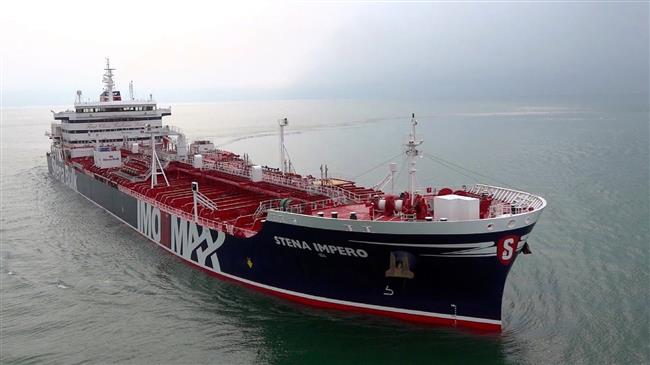




 This makes it easy to access the Press TV website
This makes it easy to access the Press TV website